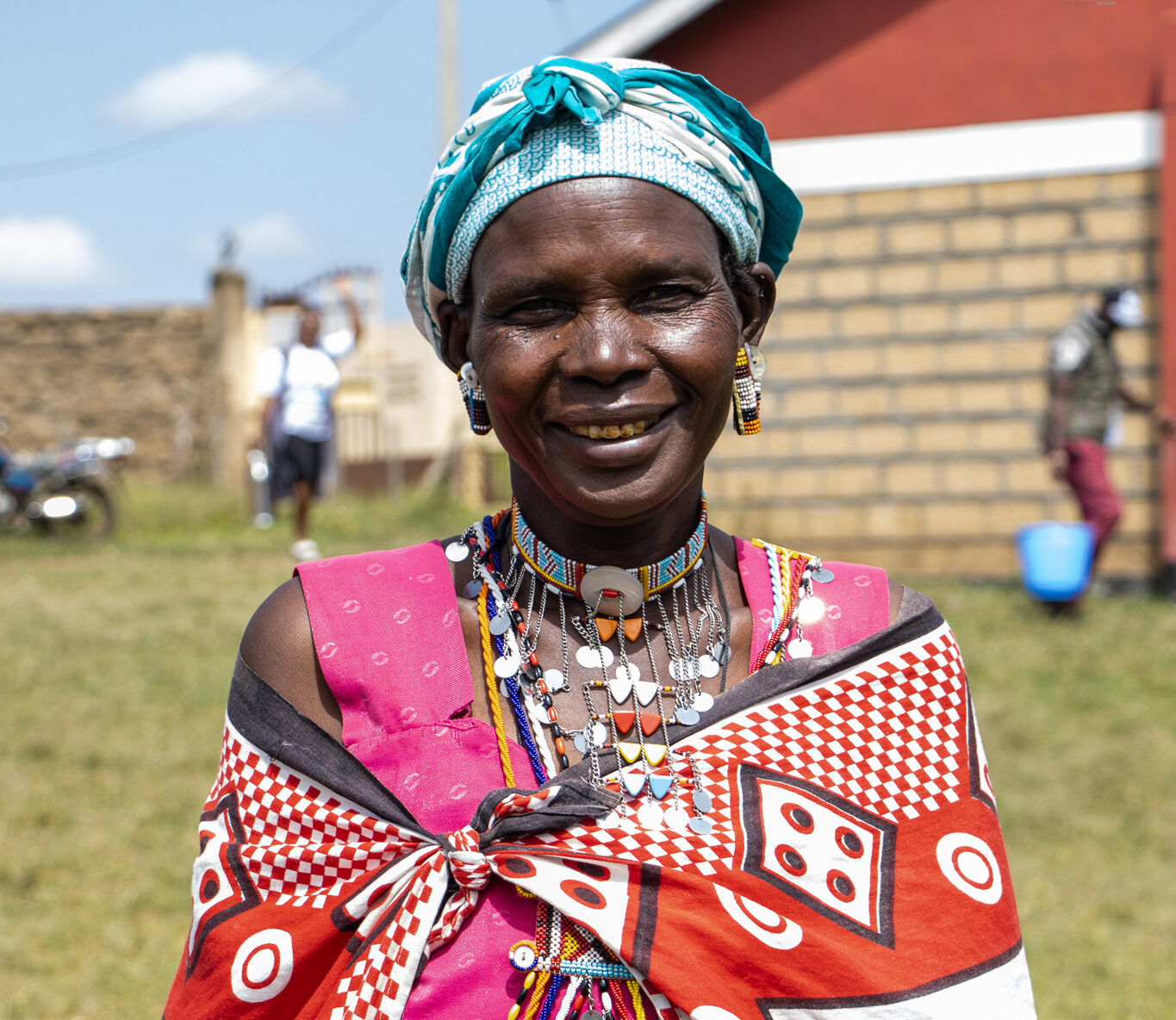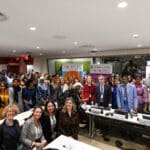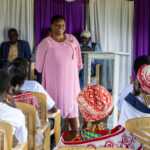Reader discretion: This content may be triggering.
Naomi, a reformed female genital mutilation/cutting (FGM/C) performer, shares how the religious engagements changed her views and made her leave this violence. Read her story to see how TGG-ALM is learning from its engagements with communities.
“My name is Naomi Shakai, and for years, I was performing FGM/C on girls and women in my community, as both a rite of passage and as a means of livelihood. However, the winds of change began to blow early this year, reshaping my life and purpose. Embracing Christianity and guided by my church’s strong stance against FGM/C, I made the courageous decision to lay down my tools of trade and take up the mantle of education against this violence on girls and women.
In the heart of our church, amidst breakout sessions where ladies shared their challenges, I found a platform to speak out. My mission: to enlighten girls and women about the perils of FGM/C. At first, I had valued my role as a cutter for its economic benefits, putting food on my table and sending my two children to primary school. Charging thousands of shillings for each cutting, I had sustained a seemingly comfortable life in the village.
But a spiritual awakening, coupled with the revelation of government regulations against FGM and its disagreement with scripture, led me to a profound transformation. Now, I am a beacon of change in my community. Neighbours and acquaintances know that I stand ready to report anyone attempting to subject their daughters to FGM/C to the authorities.
Taking a bold step further, I seized the opportunity provided by Amref Health Africa’s training for traditional birth attendants. As many cutters in our area also served as birth attendants, this initiative allowed me to delve into understanding the negative effects of FGM/C and promote safe deliveries in health facilities, curbing the chances of FGM/C being performed before childbirth.
To end FGM/C in my community, collective sensitization is crucial. Two factions exist—one opposed to the cut, recognizing its harms, and another believing it marks a girl’s transition to womanhood. Bridging this gap requires bringing everyone together to comprehend the profound effects of FGM/C on women. I draw inspiration from my uncut sister, who thrived, proving that the cut does not define womanhood.
My journey toward reform has given me a newfound perspective on life, valuing the sanctity of a woman’s body. No longer driven by financial gain, my passion now lies in championing women’s rights. The pivotal role played by my church and Amref Health Africa in shaping my transformation cannot be overstated. While my income may not be stable, I stand resolute in my commitment to never return to the harmful practice of cutting girls.
The story of my redemption is a testament to the power of education, community support, and the transformative impact of organizations like The Girl Generation through Amref Health Africa in breaking the chains of FGM/C.”



